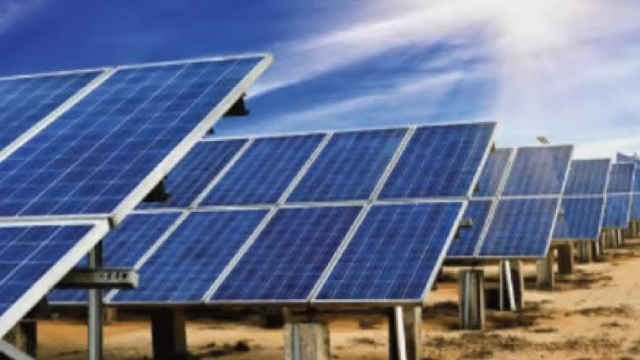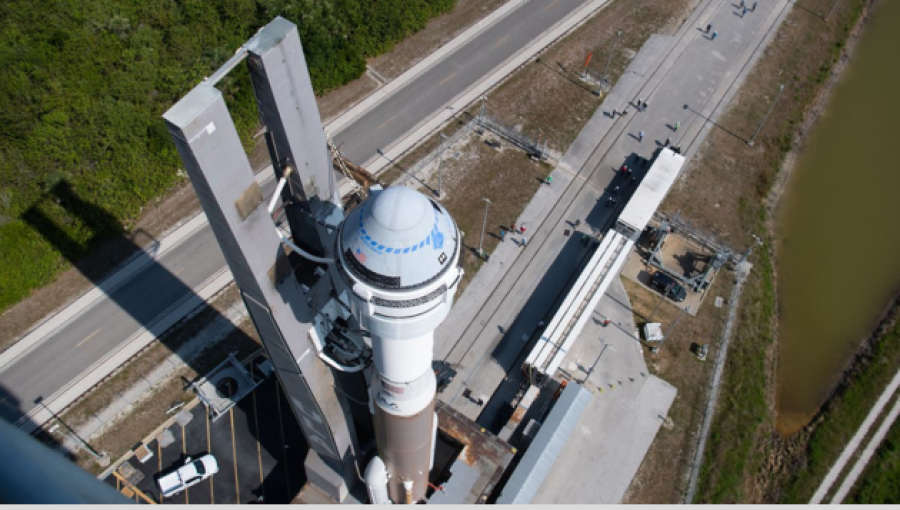University of Lisboa and Portuguese Military Academy Researchers Unveil Groundbreaking Agrivoltaic Method
In a landmark announcement, researchers from the University of Lisboa and the Portuguese Military Academy have unveiled an ambitious proposal targeting the elimination of solar panel costs within the next five years. This pioneering initiative, centered around the concept of "agrivoltaics" or "agri-PV," combines solar energy production with shade-friendly crops to maximize efficiency and sustainability.
The innovative approach establishes a symbiotic relationship between agriculture and energy production, presenting a more economically viable option compared to standalone solar farms or traditional agricultural practices on the same land. With the declining cost of solar panels in recent years, this proposal aligns perfectly with the escalating demand for sustainable solutions in the face of global population growth.
By integrating agrivoltaics into solar projects, researchers anticipate not only a significant enhancement in environmentally friendly energy production but also a reduction in reliance on non-recyclable energy sources, consequently curbing carbon dioxide emissions. Despite the initial higher expense compared to conventional PV systems, the cost-effectiveness of agrivoltaic ventures is projected to materialize within four to five years.
Published in the prestigious journal "Energy for Sustainable Development," the study on Agri-PV in Portugal outlines the extensive potential of this concept across various agricultural sectors, including beekeeping, greenhouses, livestock farming, and gardening. The versatility of agrivoltaics offers promising solutions for both energy and food production, fostering sustainability across diverse agricultural domains.
Countries worldwide, including China, Germany, Japan, and the United States, are actively investing in agrivoltaic technology, exploring its multifaceted applications. Notably, South Korea has already achieved success in cultivating broccoli using agrivoltaic farming methods, showcasing comparable quality and taste to conventionally grown vegetables.
Agrivoltaics presents a dual-use solution, allowing agricultural land to serve simultaneously as a source of solar energy production and crop cultivation, thereby boosting crop yields and farmers' income. Research indicates that a wide array of crops, from carrots and radishes to strawberries and blueberries, thrive under this integrated approach, promising a sustainable future for agriculture and energy production alike. Stay tuned for further developments as this groundbreaking proposal progresses.































Comment: